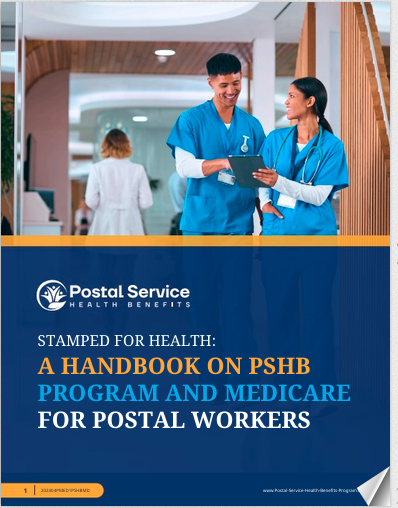Introduction to Medicare
The Four Parts of Medicare
Medicare is composed of four main parts, each addressing specific healthcare needs:
- Medicare Part A (Hospital Insurance): Part A covers inpatient hospital care, skilled nursing facility care, hospice care, and some home health care services. Most people do not pay a premium for Part A if they or their spouse paid Medicare taxes while working.
- Medicare Part B (Medical Insurance): Part B covers certain doctors’ services, outpatient care, medical supplies, and preventive services. Beneficiaries typically pay a monthly premium for Part B coverage, with the amount determined by income.
- Medicare Part C (Medicare Advantage): Part C, also known as Medicare Advantage, offers an alternative way to receive Medicare benefits through private insurance companies approved by Medicare. These plans must cover everything included in Part A and Part B and often include additional benefits like prescription drug coverage (Part D), and dental, vision, and wellness programs.
- Medicare Part D (Prescription Drug Coverage): Part D provides prescription drug coverage to help reduce the cost of medications. This coverage is offered through private insurance companies also approved by Medicare and can be purchased as a standalone plan or as part of a Medicare Advantage plan.
Understanding the distinctions between these parts is essential for USPS employees and retirees to select the most suitable coverage options to meet their healthcare needs.
Eligibility for Medicare
Most individuals become eligible for Medicare when they turn 65 years old. However, eligibility can also be based on disability or certain medical conditions, such as end-stage renal disease. USPS employees and retirees may have varying eligibility criteria depending on their employment history and specific circumstances. It’s crucial for individuals to ascertain their eligibility status to ensure they enroll in Medicare at the appropriate time.
USPS employees and retirees have a range of coverage options to consider:
- Original Medicare (Parts A and B): Original Medicare comprises Part A and Part B and provides coverage for hospital and medical services. Beneficiaries have the flexibility to see any healthcare provider that accepts Medicare.
- Medicare Advantage (Part C): Medicare Advantage plans, offered by private insurance companies approved by Medicare, provide all the benefits of Original Medicare (Parts A and B) and often include additional coverage options, such as prescription drug coverage, dental, vision, and wellness programs. These plans may offer cost-saving opportunities and additional benefits compared to Original Medicare.
- Medicare Part D (Prescription Drug Coverage): Part D plans offer coverage for prescription medications and are available as standalone plans or as part of a Medicare Advantage plan. USPS employees and retirees should assess their prescription drug needs to determine whether a Part D plan is necessary to complement their healthcare coverage.
Enrollment in Medicare
Understanding the enrollment process is vital for ensuring a seamless transition to Medicare coverage:
- Initial Enrollment Period (IEP): Most individuals are automatically enrolled in Medicare during their Initial Enrollment Period (IEP), which begins three months before their 65th birthday and ends three months after. Those who are still actively working and covered under an employer-sponsored health plan may defer enrollment without incurring penalties.
- Special Enrollment Periods (SEPs): Certain life events, such as retirement or loss of employer-sponsored coverage, may trigger a Special Enrollment Period (SEP) during which individuals can enroll in Medicare outside of their IEP without penalty.
- General Enrollment Period (GEP): If individuals miss their initial enrollment window, they can enroll in Medicare during the General Enrollment Period (GEP), which runs from January 1 to March 31 each year. However, late enrollment may result in penalties and delays in coverage.
Conclusion
Are you a USPS employee or retiree preparing to transition to Medicare? Download our comprehensive eBook on Medicare to gain valuable insights into eligibility requirements, coverage options, enrollment deadlines, and important considerations for navigating Medicare during retirement. Visit Medicare.gov for additional insights, resources, and tools, or access the LiteBlue USPS employee portal for additional resources and support. Connect with licensed agents specializing in Medicare to receive personalized guidance and assistance in selecting the right coverage options to meet your healthcare needs. Empower yourself with knowledge and take control of your healthcare journey with Medicare.





